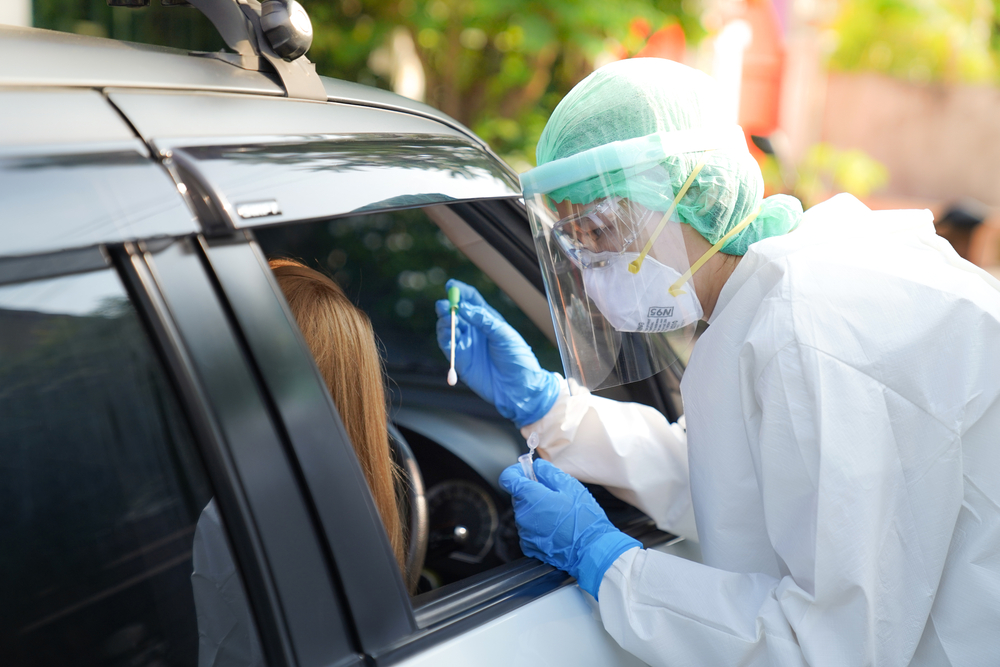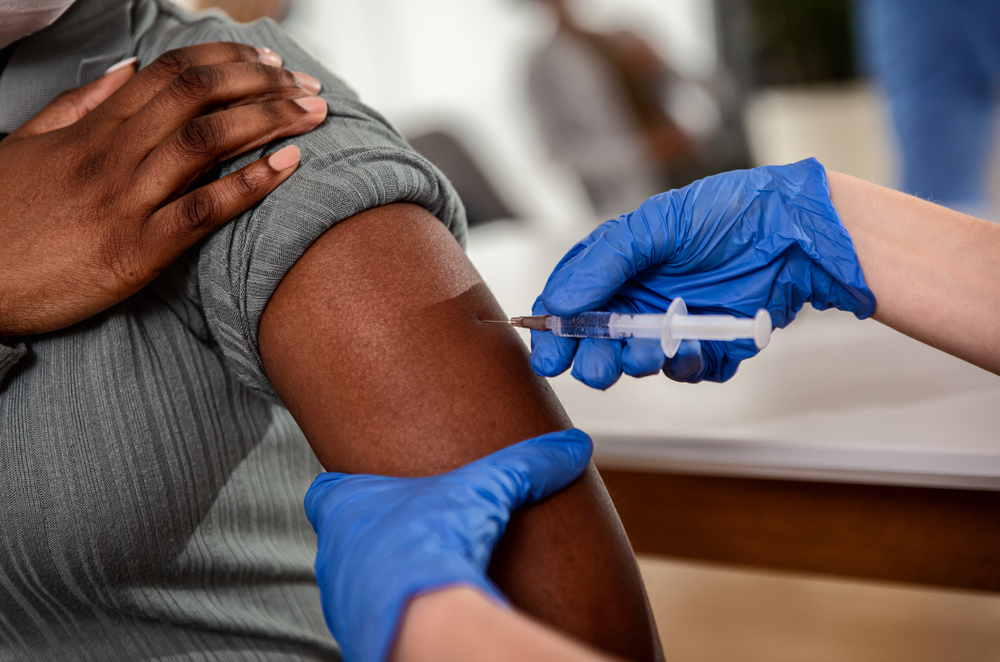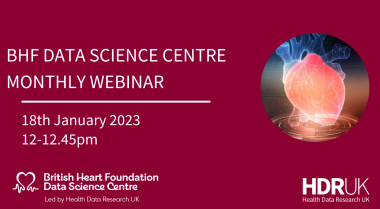The UK Biobank COVID-19 Serology Study
18 June 2021
Dr Jelena Bešević, Epidemiologist, University of Oxford, has been selected to give a Lightning Talk at the HDR UK Annual Conference 2021. Here you can find out about her work with the UK Biobank to investigate the extent to which previous coronavirus infection varied across the UK.

Overview
Serology is the study of antibodies in blood serum. The presence of certain antibodies that work against SARS-CoV-2 – the virus that causes COVID-19 – indicate that the person was infected, irrespective of how severe their symptoms were. The UK Biobank serology study aimed to look at the trends in past infection and the persistence of antibodies over time to inform the Government’s response to the pandemic.
Situation
To guide their response to the COVID-19 pandemic, the Government requested information on the spread of infection across different population subgroups and the persistence of antibodies over time.
Solution
In May 2020, UK Biobank – including Dr Jelena Bešević and colleagues at the University of Oxford – set up a study to investigate the extent to which previous coronavirus infection varied across the UK and by age, ethnicity and socioeconomic deprivation. The study also aimed to investigate the persistence of antibodies over a six-month period.
The study involved 20,000 individuals: 10,000 were existing UK Biobank participants and, for the first time, 10,000 of their adult offspring in order to increase representation across age. All participants were asked to provide a blood sample on a monthly basis for six months, to test if antibodies to the coronavirus that causes COVID-19 were present.
During the study, 9% of those who returned a blood sample, had at least one sample which indicated a past coronavirus infection. The rate of previous coronavirus infection varied substantially across different regions of the UK, as well as by age, ethnicity and socio-economic deprivation. The proportion of the study population with evidence of previous infection was higher in those who lived in London, who were under 50 years, of Black or South Asian ethnicity and who lived in more deprived areas.
Six months following initial infection, antibodies to the coronavirus were still detected in 88% of participants whose date of infection was known.
Impact and outcomes
The results of the study were reported to the Department of Health and Social Care – who funded the study – to inform their response to the COVID-19 pandemic. All the data will be incorporated into the UK Biobank resource and made available to researchers to enable further vital research into COVID-19.
Together with other data available in UK Biobank, such as PCR test results, hospital admission and primary-care data, genomic and imaging data, the UK Biobank resource provides a wealth of opportunities to investigate the determinants of COVID-19 and its longer-term health effects (‘Long Covid’).
“One of the key things to come out of this is the potential this opens up for other research. UK Biobank is open access so any researchers can apply to access this data and combine with other data around primary care, genetics, and hospital admissions, to further research into COVID-19.”



